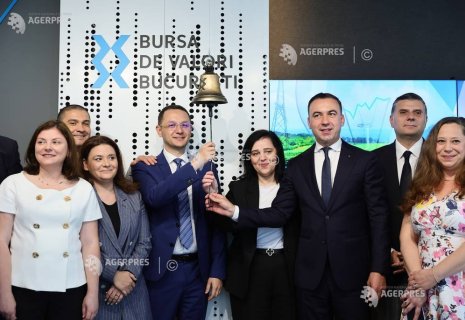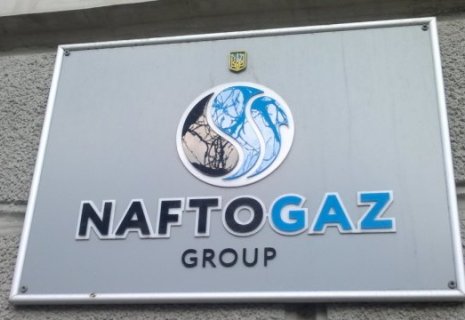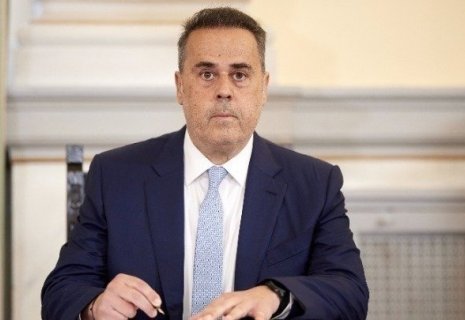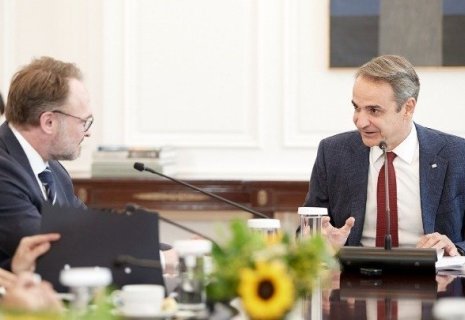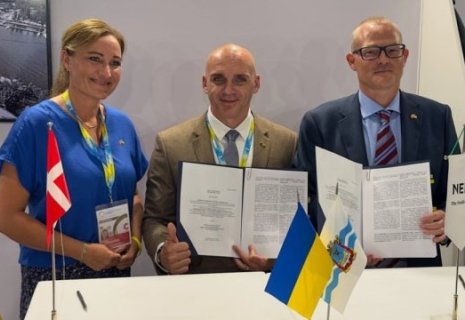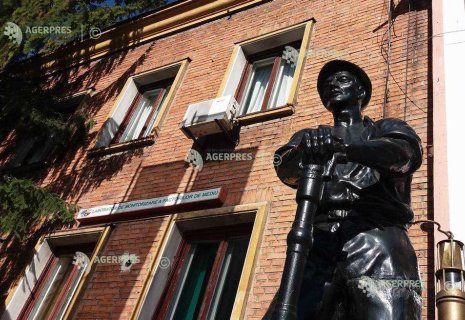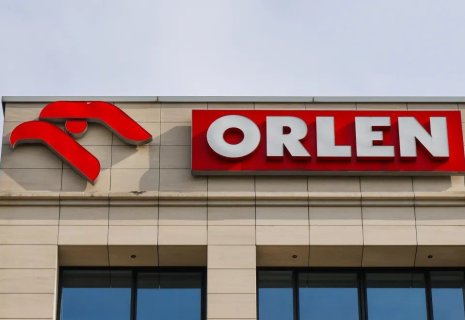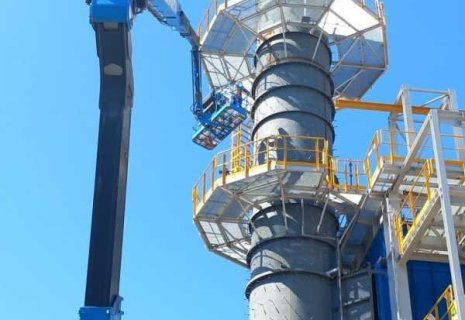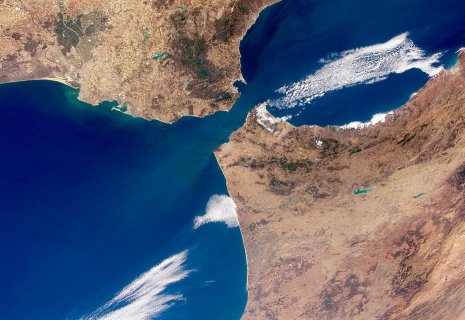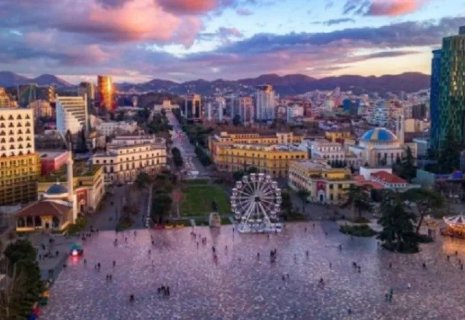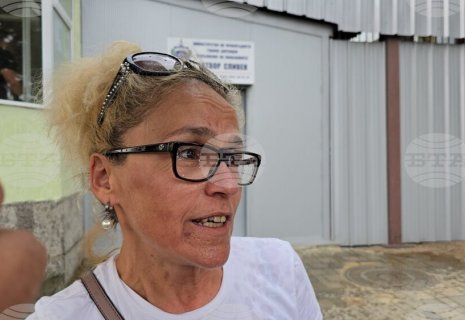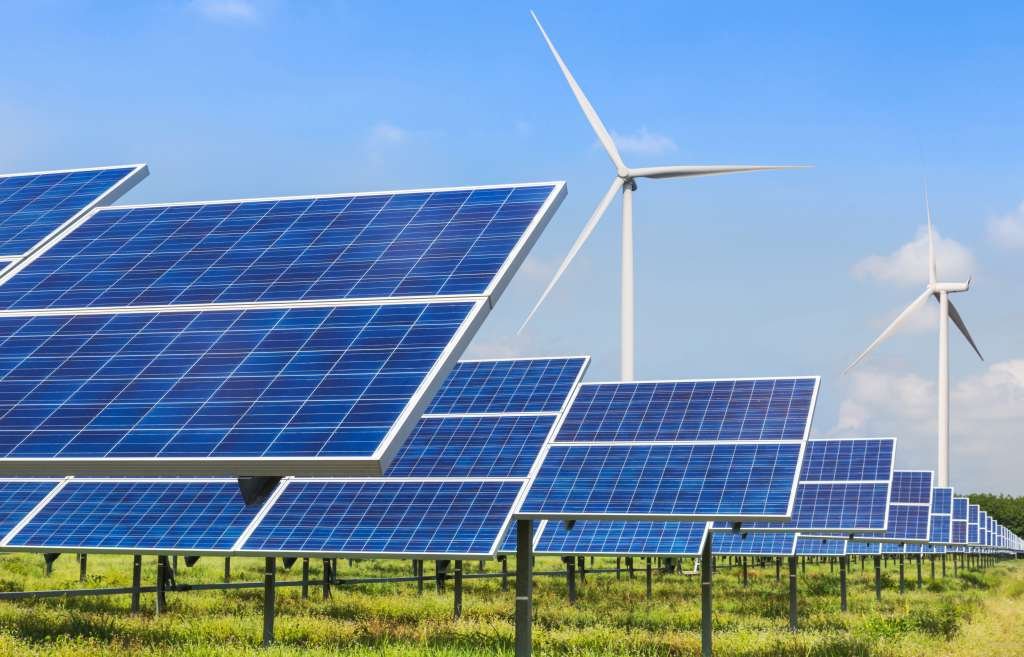
EU-backed program transforms Balkans' energy future
The European Union (EU) and its partners have supported over one billion euros in investments in energy efficiency in the Western Balkans, according to a statement from the Communications Department of the European Bank for Reconstruction and Development (EBRD), CE Report quotes FENA.
“Western Balkan markets are making progress in greening their economies,” the statement says, “with an investment portfolio in energy efficiency and renewable energy reaching one billion euros.” In addition to the investments, the region has made strides in aligning with EU legislation, creating a more favorable environment for sustainable and energy-efficient investments.
These results were achieved within the Regional Energy Efficiency Program (REEP)—the EU’s key instrument for green investments in the region. Launched in 2013 in cooperation with the EBRD and the German Development Bank (KfW), the program continues to support the green transition of the Western Balkans, with an additional 88 million euros approved for future investments. The additional funds were approved at the meeting of the Western Balkans Investment Framework Steering Committee held last month.
From the outset, REEP has supported the region in enhancing the regulatory framework and removing barriers to energy efficiency investments. This has led to increased investment volumes in the sector. One of the program’s main components is investing in energy renovation of public buildings, which not only improves their energy efficiency—indirectly contributing to better air quality—but also boosts local GDP by supporting supply chains and companies involved in the renovation work.
A total of 540 public buildings across the region—including student dormitories, schools, and healthcare facilities—have been or are being renovated to improved energy efficiency standards (thermal insulation of walls and roofs, heating system replacements, double-glazed windows, heat pumps, solar panels, etc.). Renovations also include structural upgrades (e.g., seismic repairs, repainting, installation of sprinklers) and comfort-enhancing measures to improve conditions for end users.
In Bosnia and Herzegovina, about 40 public buildings in the Sarajevo Canton have been renovated through this program, including healthcare facilities, schools, kindergartens, and student dormitories.
Another significant component of the program is decarbonization of district heating systems through projects that replace fossil fuels with renewable energy sources in local heating plants.
REEP also supports financing for households, small and medium enterprises, and enables direct financing of the private sector. By 2025, more than 34,000 households and 2,000 small enterprises will have already invested or be in the process of investing in energy efficiency measures and renewable energy using EU grants and specialized credit lines available through local partner banks.
The program has generated a substantial environmental impact, saving 1,220 GWh of energy annually—equivalent to 37% of North Macedonia’s annual energy consumption. It has also avoided the emission of 730,000 tons of CO₂, equal to removing 183,000 cars from the roads. This illustrates another key aspect of the program: its direct contribution to reducing air pollution and fostering more sustainable and greener urban living.
REEP funding is channeled directly to countries or municipalities for large-scale investments such as public building renovations. It is also distributed via local commercial banks, which lend funds to small businesses and households interested in investing in energy efficiency or renewable energy sources.
Despite progress, the energy productivity of the Western Balkans remains significantly below the average of EU member states. This highlights the need for structural investments in energy efficiency and the ongoing requirement to align national laws and policies with EU standards (e.g., updating energy efficiency laws, implementing bylaws, adopting long-term building renovation strategies).
Mauro Di Veroli, head of the Western Balkans Investment Framework at the European Commission, stated that the Green Agenda for the Western Balkans is the cornerstone of a regional strategy aimed at sustainable development in line with the European Green Deal. The goal is to support the decarbonization process in regional economies where the energy sector and other industries still have high carbon emissions. The European Commission supports the green transition through the Regional Energy Efficiency Program—an initiative co-financed by KfW, EBRD, and multiple bilateral donors. The program delivers tangible benefits to Western Balkan citizens, helping them improve the energy efficiency of their homes.
“We are especially focused on public buildings, which account for nearly one-third of total CO₂ emissions. These are key areas where EU funds and technical assistance bring measurable change to the region,” said Mauro Di Veroli.
Mateo Kolandjeli, EBRD Regional Director for the Western Balkans, called REEP one of the key drivers of the green transition in the region. Through the program, the legal framework has been improved, the process of investing in renewable energy sources facilitated, and financing secured for energy efficiency measures for households, businesses, and public institutions.
“Together with our partners, we will continue providing financial and advisory support to decarbonize energy sources and reduce energy losses across all economic sectors. Additionally, REEP-supported investments will help countries meet their commitments under the EU’s Reform and Growth Instrument for the Western Balkans, granting access to additional green transition funds and increasing their economic competitiveness,” he said.
Pablo Obrador, Head of the Energy Sector for Southeast Europe at KfW, emphasized that since 2013, the program has had a significant environmental impact, saving 1,220 GWh annually and avoiding 730,000 tons of CO₂ emissions—the equivalent of removing 183,000 vehicles from circulation.
Borko Raičević, energy efficiency expert at the Energy Community Secretariat, noted that REEP is a leading initiative that not only enables the financing of energy efficiency projects, but also strengthens the strategic and legislative framework across the Western Balkans—crucial for achieving the 2030 energy and climate goals of the Energy Community.
The Energy Community Secretariat plays an active role in implementing REEP projects focused on policy and legislative solutions. Additionally, REEP’s achievements and activities are regularly presented and coordinated through the Energy Efficiency Coordination Group—a platform bringing together representatives of states, the EU, international financial institutions, and donors to align efforts, tackle implementation challenges, and ensure REEP remains a key driver of reform and sustainable energy transition.
The Regional Energy Efficiency Program for the Western Balkans (REEP) aims to support the region in improving energy efficiency. It combines financial instruments for the private sector and households, technical assistance, and policy development and implementation support for public institutions, aiming to overcome market barriers and stimulate long-term market development.
REEP is recognized as a flagship project within the EU’s Economic and Investment Plan for the Western Balkans, under the “Renovation Wave” initiative in the “Clean Energy” investment window. These projects contribute significantly to reducing greenhouse gas emissions and improving citizens’ quality of life and health.

